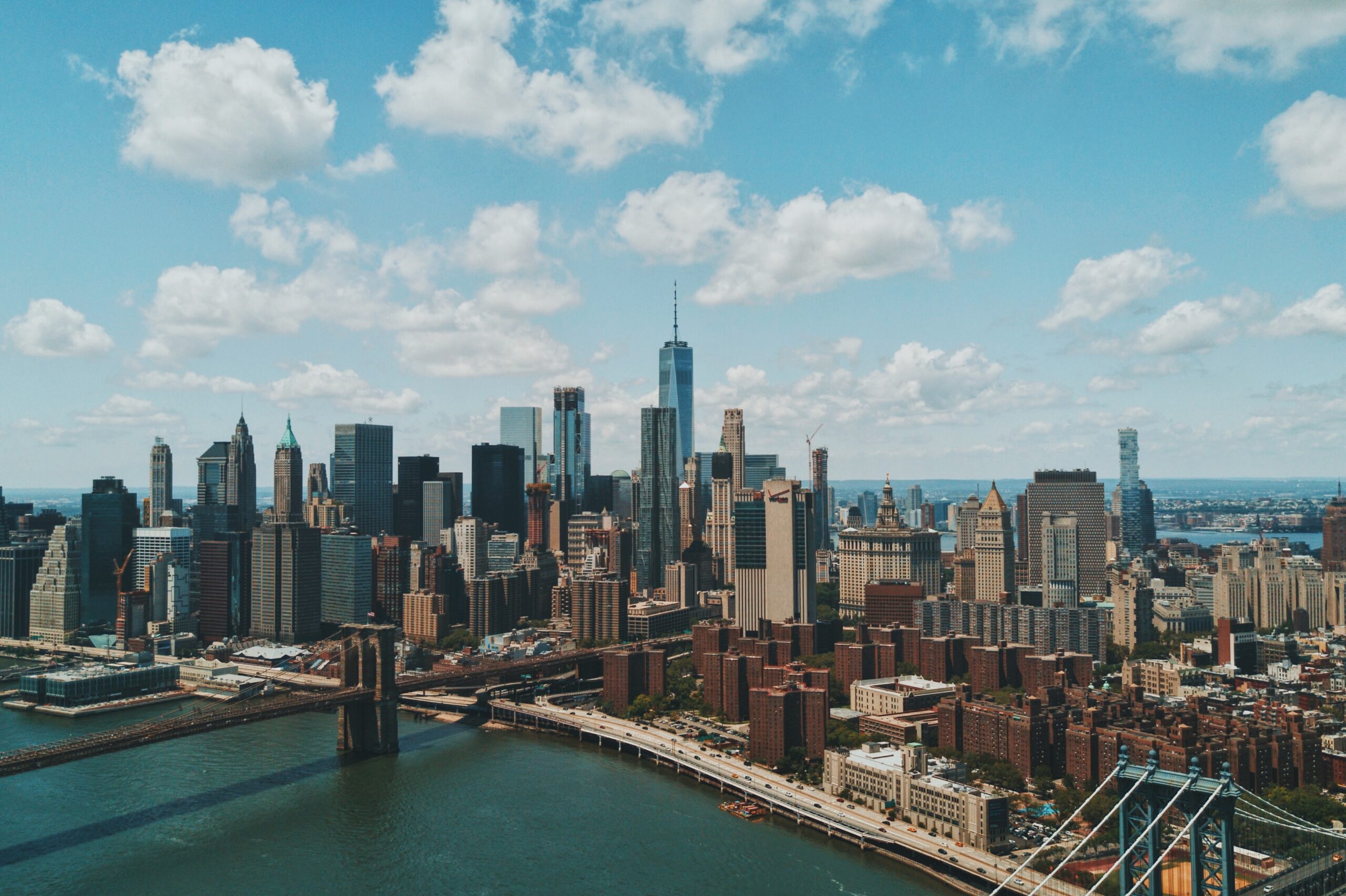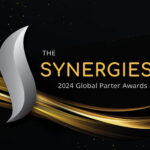If you attended the 2021 Bay Area Mobility Management (BAMM) Conference, it was apparent this year’s content unofficial theme centered on how the industry is/could/should/will (most importantly!) adapt to the changes ushered in by the pandemic.
From tax implications to policy decisions to immigration to company culture and recruitment—the three-day virtual conference covered a lot for mobility professionals.
But what about suppliers?
Synergy was fortunate to host two of the brightest minds in the mobility space—Rina Montalvo of News Corp and Andreas Strohschein of Genentech—for Synergy’s hosted session, A Distributed Workforce—Questions for the Future of Mobility.
Moderator Susan Becker didn’t mince words and asked both flat out what it would take for suppliers to support the new age of mobility and business travel.
Rina and Andreas noted the three themes below to be of huge importance to mobility managers moving forward.
More and Greater Flexibility
As International President, Stephen Hanton, likes to say, survival is less about the fittest and more about one’s ability to adapt. Flexibility and agility are at the heart of a provider’s ability to adapt.
Suppliers should expect to do more with shorter turn-times and (specifically in corporate housing) prepare for more extensions. Moreover, episodic travel will be a big theme moving forward. Executives might decide to stay in their summer home aboard from June through September but might need to travel stateside to a central location for two weeks for an important project or series of meetings. Suppliers must flex not only their offerings but polices as well to meet these evolving needs in real time.
Along the same theme, both panelists noted suppliers should expect project orientated and specific employee gatherings required business travel. This travel might look like a business trip to work with certain people on a project that requires collaboration. This type of gathering will not necessarily need to be located near the corporate office. It will just need to be in a communal place with central travel access. In this case, travelers will require flexibility in their accommodation and the amenities offered to support their stay. Not to mention, corporations will want to take advantage of the locale’s team building and “experience-driven” elements to reinforce internal team dynamics, morale, and productivity.
Both panelists also cautioned suppliers to pay special attention to the human aspect of service delivery. With emerging technologies creating more and more efficiencies in the way products and services are sourced, secured, and communicated, it is vital suppliers appreciate and understand how to flex their offerings to meet the specific needs of the end-user. Technology serves default requirements extremely well. Yet the minute the need becomes nuanced and specialized, suppliers must have an appropriate mechanism to engage the “humans” on a human level, seamlessly.
New/Innovative Offerings Are Required
Simply going with what worked before the pandemic does not guarantee success now or into the future. Traveler behavior will continue to evolve and demand more of suppliers. More space in apartments, more team spaces, more flexibility, more amenities—more!
As the globe reimagines the concept of work—whether it is remote work, work-from-anywhere, virtual assignments, or the good old 9-5—the products and services that interact with work must grow to meet the new requirements of tomorrow’s workforce.
A fully remote/digital workforce will have different requirements than a hybrid workforce. Suppliers need to expand (or limit) their product and service competency to ensure client, and guest expectations are met.
And for the few who dare, there is a prime opportunity to create the future with bold, innovative products and solutions that reduce the friction end users experience as products and services catch up to their needs and preferences.
Increased Supplier and Buyer Transparency
We are sure you’ve heard it before. But it is worth repeating. Now more than ever, suppliers and buyers must come together and build products and services in a context of transparency and collaboration.
Properly defined business requirements will benefit both parties. Suppliers will understand the standards required of their service. Buyers will get what they need for their end-users. And the end-user will exist within a safe, comprehensive product and service ecosystem.
As we begin to ponder the five generations of demographics currently in the workforce, both panelists shared the need to personalize service to the end-user. One-size-fits-all products and services will not scale and will run the risk of ostracizing demographics who do not fit the default value offered.
The answer is clear, multi-purposeful flexible options will win the day.
Synergy’s Secret Sauce
Adaptability. It seems so simple, yet many struggle to live the truth of adaptability. Not at Synergy. Philosophically, we hold a few sacred truths that guide us in everything we do as an organization.
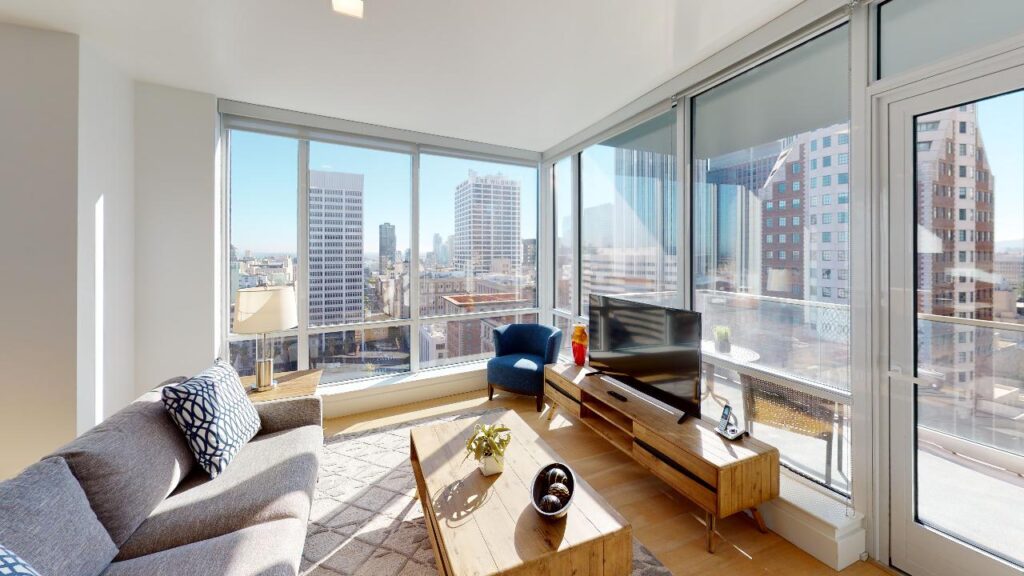
First and foremost, we believe in the spirit of partnership. We understand our burden to service our clients and guests, but we also approach each relationship-seeking mutually beneficial terms to foster proper incentives on both sides of the relationships.
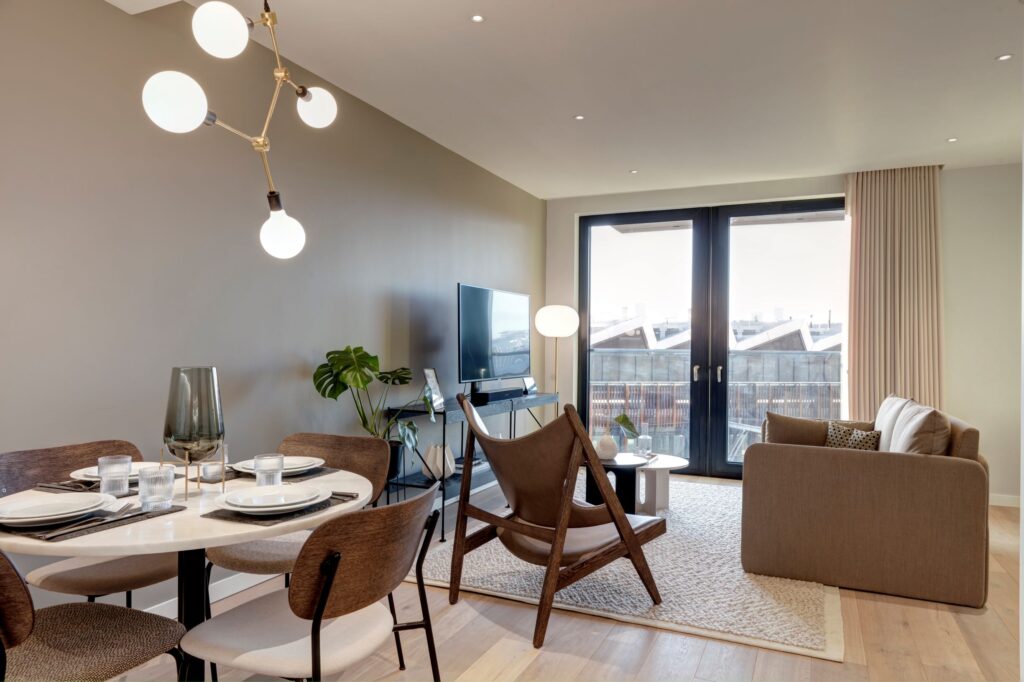
Secondly, the core of our growth strategy is dictated by our clients’ needs. Not our aspirations. We ask our clients what they need. We discuss their goals. We integrate with their culture. When they want to open a new office in a new region, we are ready to grow. When they have employee hiring targets, we are right there to ensure the products and services seamlessly support their employee population’s needs.
Very much like we did with SynergySpaces.
Thirdly, we believe wholeheartedly in serving the greater ecosystem of the business traveler and mobility industry. We invest human and capital resources in the future of our industry to ensure the appropriate balance of advocacy, thought leadership, and product/service growth align to the needs of the industry, our partners, and ultimately the traveling guest.
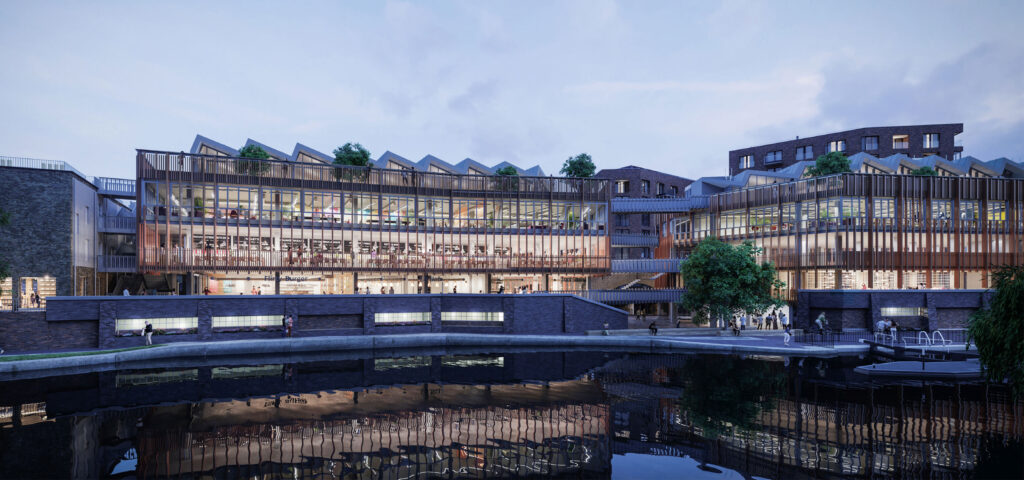
When you look at these truths in the greater context of adaptability, you begin to see why we’ve been around since 1999. It makes complete sense why we still serve our first client, now for 22 years, and why our overall client retention rate is 99 percent.
We do not set the heading on adaptable and turn on autopilot. No, we focus on building systems that will serve our ability to adapt. In other words, adaptability is not the end-goal; it is the fuel and inspiration.
